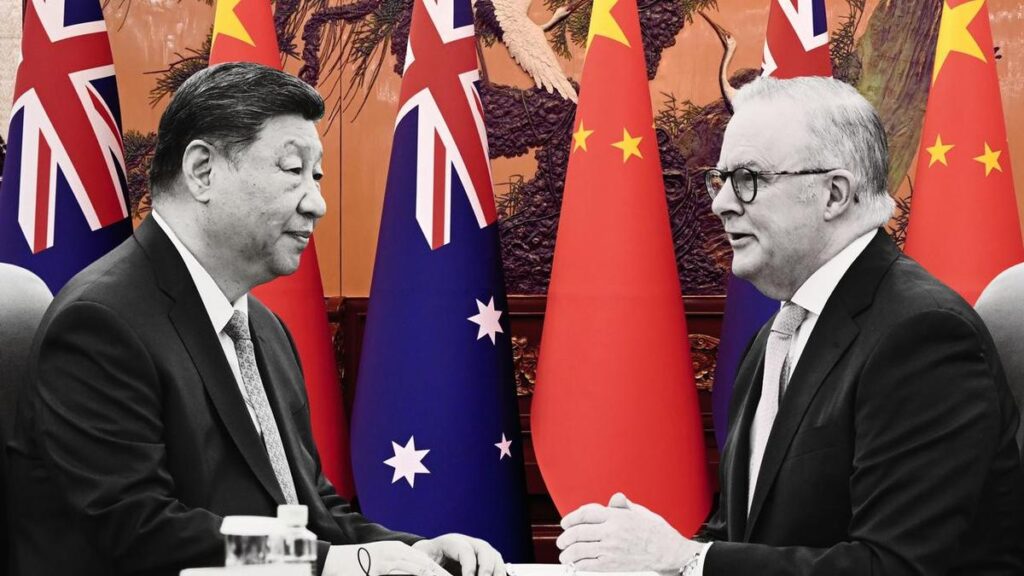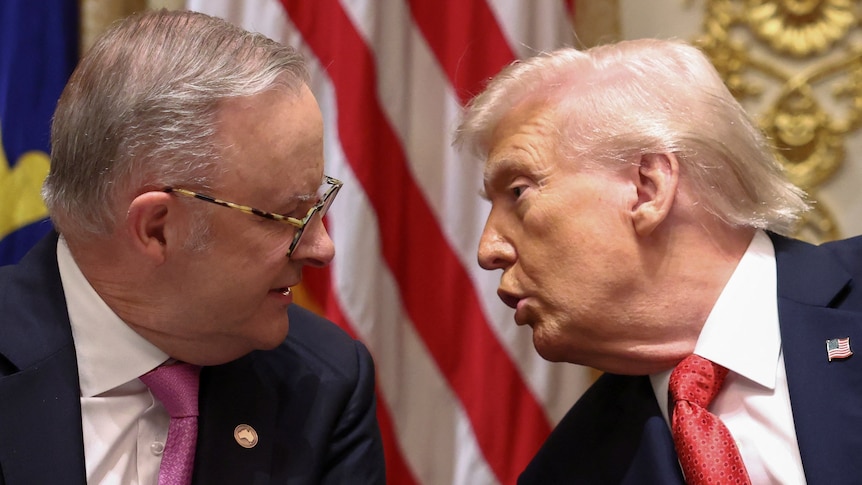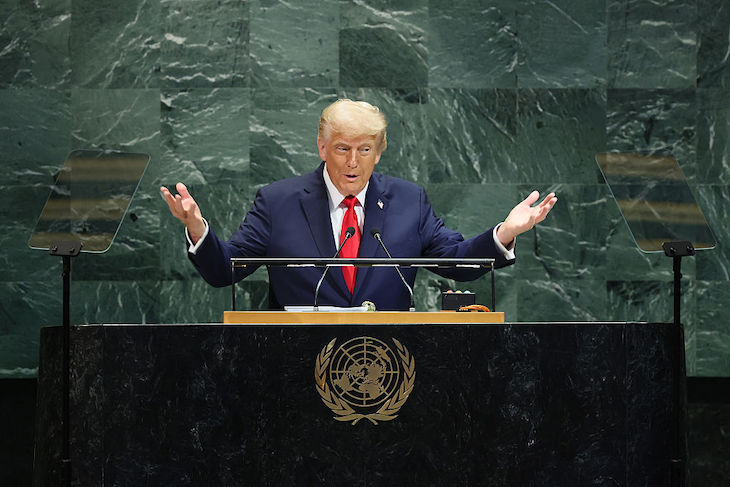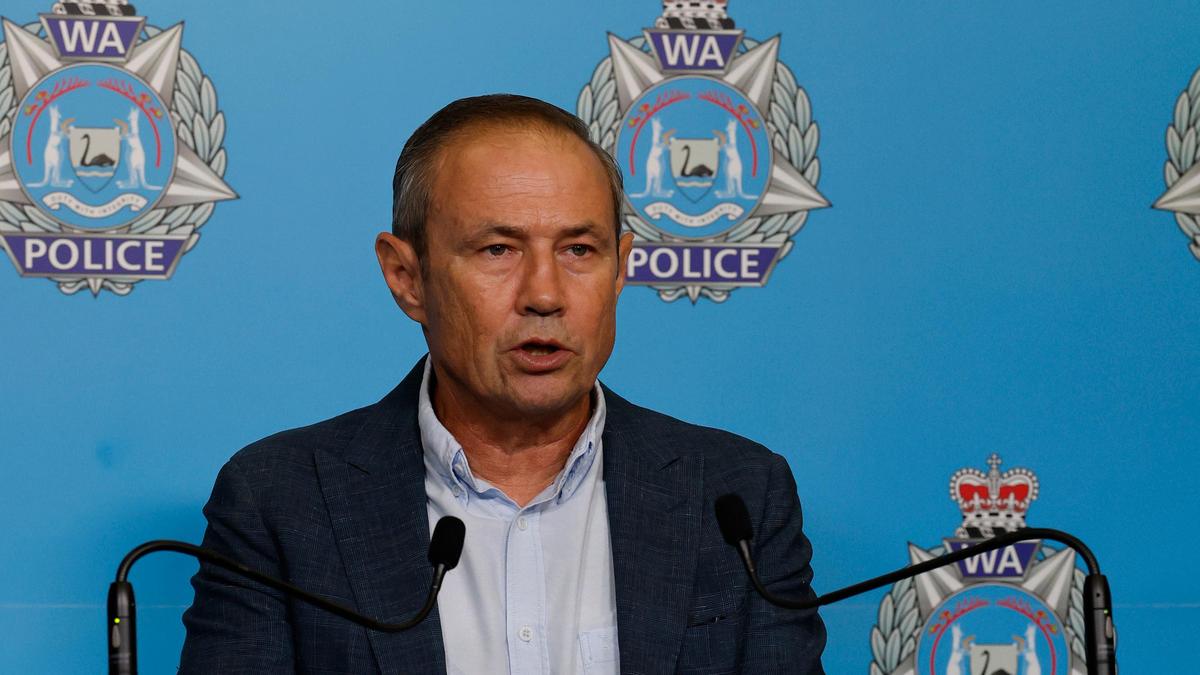
UPDATE: The visit of Australian Prime Minister Anthony Albanese to China is under fire as opposition leaders demand more tangible results from the six-day trip. Albanese returned to Australia on Friday after meetings in Shanghai, Beijing, and Chengdu, including a one-on-one with Chinese President Xi Jinping.
While Albanese claims the trip will strengthen ties with Australia’s largest trading partner, Deputy Opposition Leader Ted O’Brien argues that the outcomes fell short of expectations. Speaking to Sky News, O’Brien stated, “When you have six days in a country, I think it is fair for the Australian people to expect more from it.” He criticized the absence of visits to nearby allies like Japan and South Korea, emphasizing the need for a balanced foreign policy.
The backdrop of this scrutiny is significant; China had previously imposed around $20 billion in trade barriers against Australian exports, including wine, lobster, and beef, during a downturn in relations that began at the onset of the COVID-19 pandemic. Access to Chinese markets has recently reopened for numerous Australian products, raising the stakes for diplomatic success.
Attorney-General Michelle Rowland defended the Prime Minister’s efforts, labeling the criticisms as “extraordinary.” She underscored the importance of rebuilding relationships with China, stating, “China is our single biggest trading partner. Our resources sector relies on that relationship.” Rowland argued that stabilizing ties with China is essential for creating jobs and enhancing trade opportunities for Australia.
O’Brien acknowledged the necessity of economic diplomacy but reiterated that the outcomes did not align with expectations. “We are supportive of economic diplomacy. It’s key, but Australia deserves nothing less than tangible outcomes, especially when you spend a week in country,” he remarked.
As this story develops, the impact of Albanese’s trip on Australia’s foreign policy and trade relations remains a crucial topic. Observers are keenly watching how the government will address the criticisms and whether additional diplomatic engagement with Asian allies will follow soon.
Next Steps: Analysts will be closely monitoring the government’s response to the opposition’s claims and any forthcoming initiatives aimed at solidifying relations with both China and regional allies. The urgency for Australia to balance its foreign relations is palpable, especially in light of recent trade dynamics.







